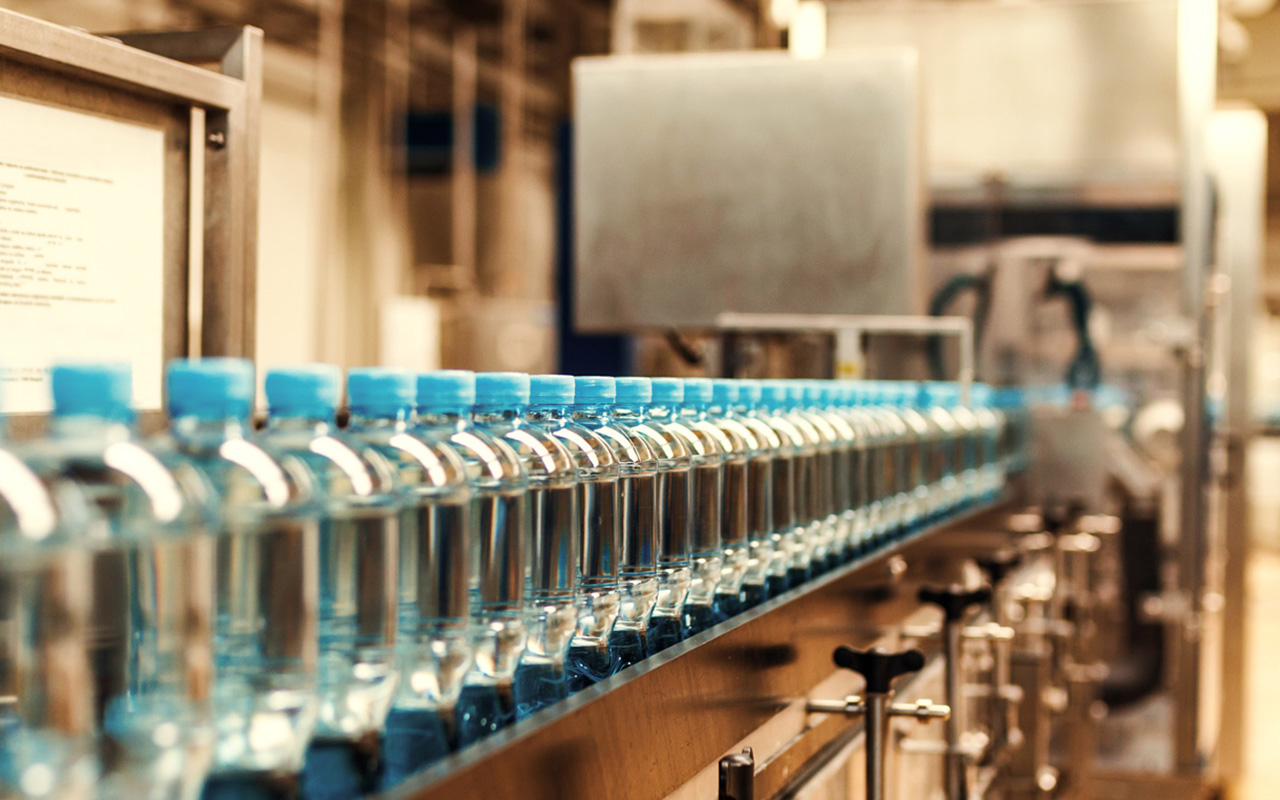
Swiss GDP growing strongly thanks to easing of COVID-19 measures
Switzerland's gross domestic product (GDP) grew 1.8% in Q2 2021 compared with the previous three-month period. The expansion is down to a widespread easing of the COVID-19 mitigating measures introduced during the lockdown in the first quarter of 2021. At the same time, strong worldwide demand for goods is fueling an additional upswing.
A comparison with other countries shows that Switzerland has clearly weathered the crisis well. Only in the US, where the government provided a massive stimulus to economic growth, and in Sweden, where COVID-19 measures were less strict, was economic output in Q2 2021 higher than its pre-crisis level.
Some industries are lagging behind in the recovery process
Swiss GDP has actually exceeded its pre-crisis level in recent weeks, according to the weekly economic indicator from the State Secretariat for Economic Affairs (SECO). Even so, the loss of wealth caused by the pandemic is likely to be substantial. Indeed the experts at Credit Suisse estimate Switzerland's pandemic-related GDP shortfall at approximately CHF 57 billion – equivalent to 8% of the country's total GDP in 2019.
In addition, the economy is recovering on an uneven basis from sector to sector. While sectors such as industry, the auto trade, as well as insurance and financial services, have actually surpassed their pre-crisis levels, others – including tourism and transportation – remain well below.
Sector differences will curb economic recovery
The economic recovery is nevertheless likely to continue over the coming months. Fact is, the Purchasing Managers Index (PMI) for Swiss industry – which is compiled by Credit Suisse in cooperation with procure.ch – remains close to record levels. The equivalent figure for the service sector is likewise well into growth territory. Until such time as the pandemic is fully under control, an across-the-board recovery is nevertheless unlikely.
First, ongoing restrictions will continue to have some effect on areas such as intercontinental tourism, hotels and restaurants, and leisure. Second, widespread supply disruptions in industry are resulting in longer delivery times and rising purchase prices. These delays mean the strong demand for goods is likely to persist for longer than initially forecast, but could then fall sharply as a result of future saturation. The latter is already the case in the market for consumer durables.
Economic recovery likely to spread to all sectors by mid-2022
For mid-2022, the Credit Suisse experts expect a significant slowdown in industrial momentum coupled with greater supply; this should alleviate the situation regarding delivery times and prices. By then, the recovery is also likely to have spread to those sectors still facing restrictions. While Swiss GDP is likely to expand by a total of 3.5% in 2021, the pace of growth will probably slow to 2.5% next year.